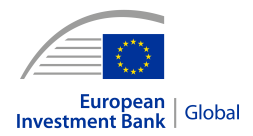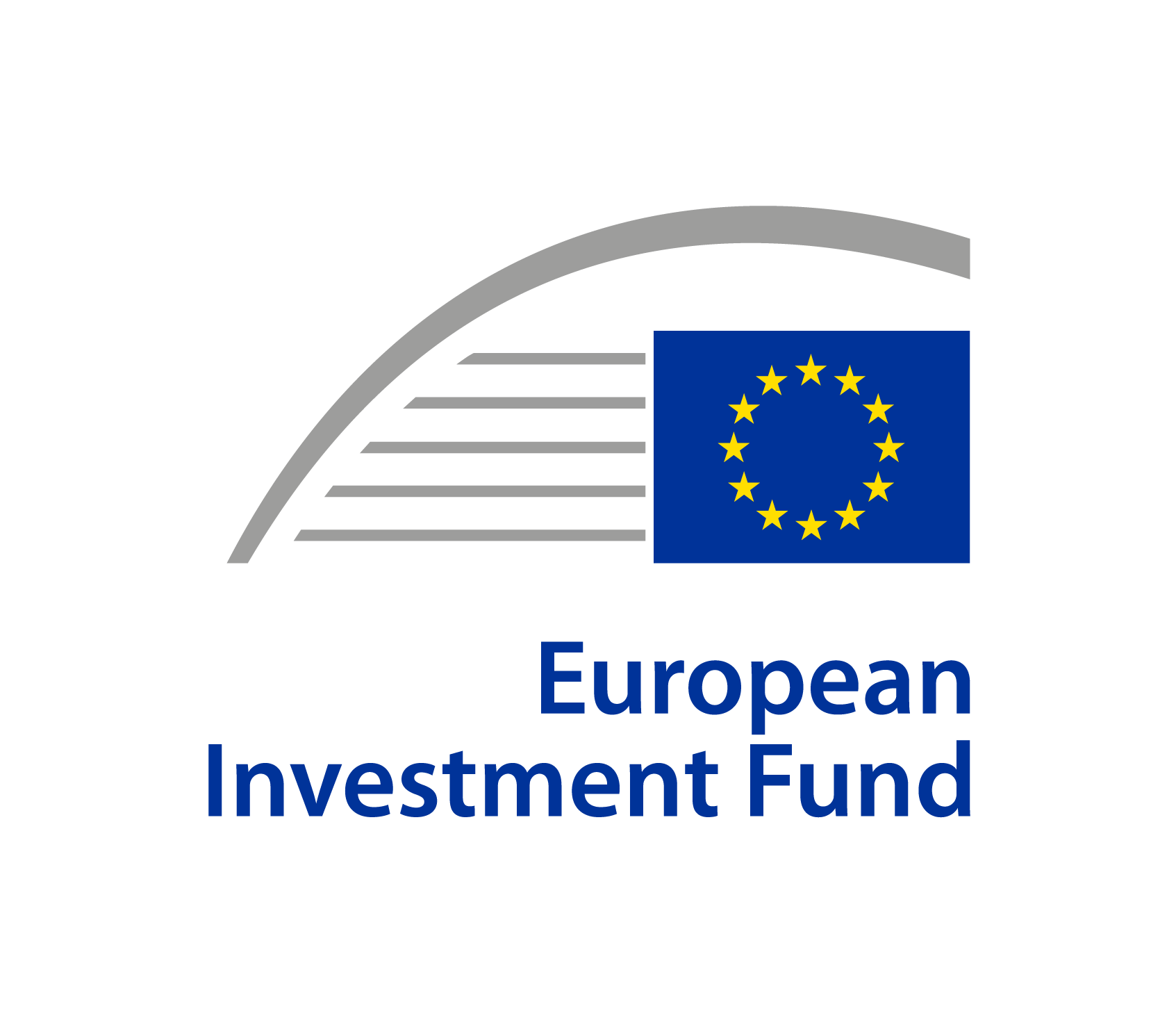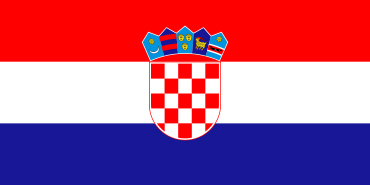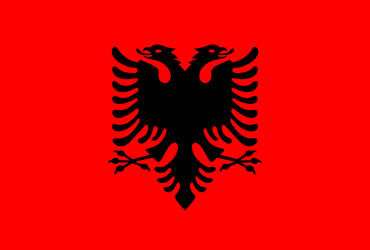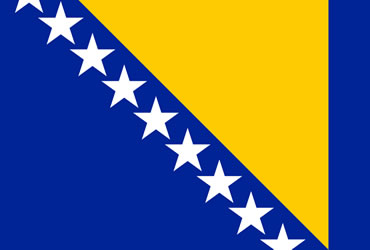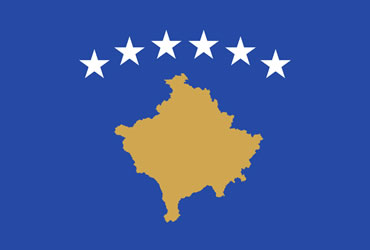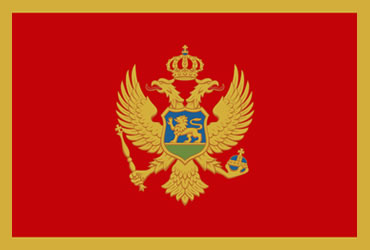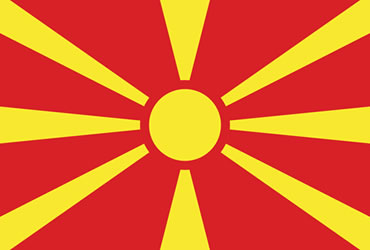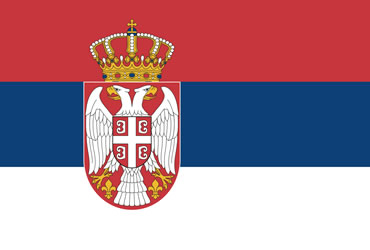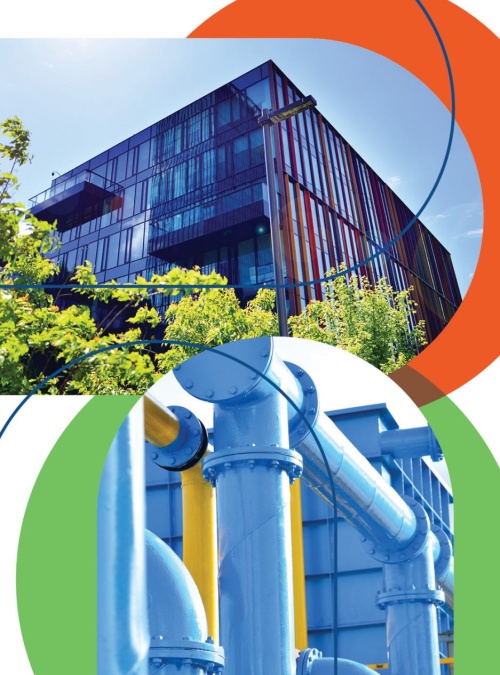
Infrastructure and Energy Efficiency in Bosnia and Herzegovina
In a move to bolster infrastructure and energy efficiency in Bosnia and Herzegovina, the European Union (EU) and the European Bank for Reconstruction and Development (EBRD) have announced substantial financial support for two pivotal projects in Tuzla Canton and Sarajevo.
Energy Efficiency in Tuzla Canton
The EU and the EBRD, through the Western Balkans Investment Framework, are providing a €10 million financing package to improve energy efficiency in public buildings across Tuzla Canton, the largest canton in Bosnia and Herzegovina. This investment includes an €8 million loan from the EBRD and a €2 million grant from the EU through the Regional Energy Efficiency Programme (REEP). The project aims to refurbish and implement energy-efficiency measures in up to 173 public buildings, including schools, health centres, administrative buildings, and sports halls.
Key improvements will include thermal insulation of walls, roofs, and ceilings, replacement of windows, and upgrades to heating systems and lighting. These measures are expected to significantly reduce energy and maintenance costs, lower greenhouse gas emissions, and improve comfort levels in the buildings.
Elena Gordeeva, Director of the EBRD’s Infra Europe department, expressed her enthusiasm: “Improving the energy efficiency of buildings is one of our priorities in Bosnia and Herzegovina. These projects not only help improve environmental standards but also support the local economy by creating jobs and opportunities in the construction sector.”
Water Supply Network in Sarajevo
In Sarajevo, the capital city of Bosnia and Herzegovina, the EBRD and the EU are financing the renovation of the water supply network with a €3.8 million EU-funded grant, complementing the EBRD’s €25 million loan. Bilateral donors to the Western Balkans Investment Framework (WBIF) have provided a €3 million investment and technical assistance grant, while Sweden has contributed further funds for technical assistance through its Swedish International Development Cooperation Agency (SIDA). This project is crucial for improving the water supply and reducing water losses in the city.
The extensive reconstruction and optimisation of the outdated water distribution network will include the replacement or overhaul of ageing pipelines, pumping stations, and wells. By the project's completion, 1,119 kilometres of the water distribution network will have been reconstructed, significantly reducing the current 70% water loss rate and connecting about 4,000 new households to the network.
EU Ambassador Luigi Soreca emphasised the EU's commitment: “By improving energy efficiency in public facilities and ensuring reliable access to clean water, we are helping communities live healthier, more sustainable lives. This is a tangible sign of the EU’s commitment to Bosnia and Herzegovina’s European path. The European Union is continuing its long-standing support for improving infrastructure for the good of the country’s citizens. The European Union is not only the largest donor in Bosnia and Herzegovina but also its most reliable partner. Through initiatives like these, we are working hand in hand with institutions at all levels to improve everyday life, create jobs, and support the transition toward a green, modern, and integrated economy. Our vision is clear: a stable and prosperous Bosnia and Herzegovina with a future in the European Union.”
Elena Gordeeva highlighted the importance of this project: “Helping to improve the water supply is an important part of our work in Bosnia and Herzegovina. We are grateful to the EU for co-financing this investment, which will help Sarajevo Canton solve one of its most urgent problems.”
___
About REEP
Launched in 2013 under the Western Balkans Investment Framework (WBIF), the Regional Energy Efficiency Programme (REEP) supports renewable energy and energy efficiency investments across the region. With over €1 billion mobilised to date, it has refurbished more than 90 public buildings, supported 1,500 SMEs and 20,000 households. The achieved annual CO₂ emissions saved is equivalent to removing 183,000+ cars from the roads.
___
About WBIF and Global Gateway
The Western Balkans Investment Framework (WBIF) contributes directly to Global Gateway, the EU’s strategy to boost smart, clean and secure connections in digital, energy and transport, while strengthening health, education and research systems worldwide. Global Gateway aims to mobilise up to €300 billion worldwide in investments through a Team Europe approach, bringing together the EU, its Member States and financial institutions to leverage investments for a transformational impact.
